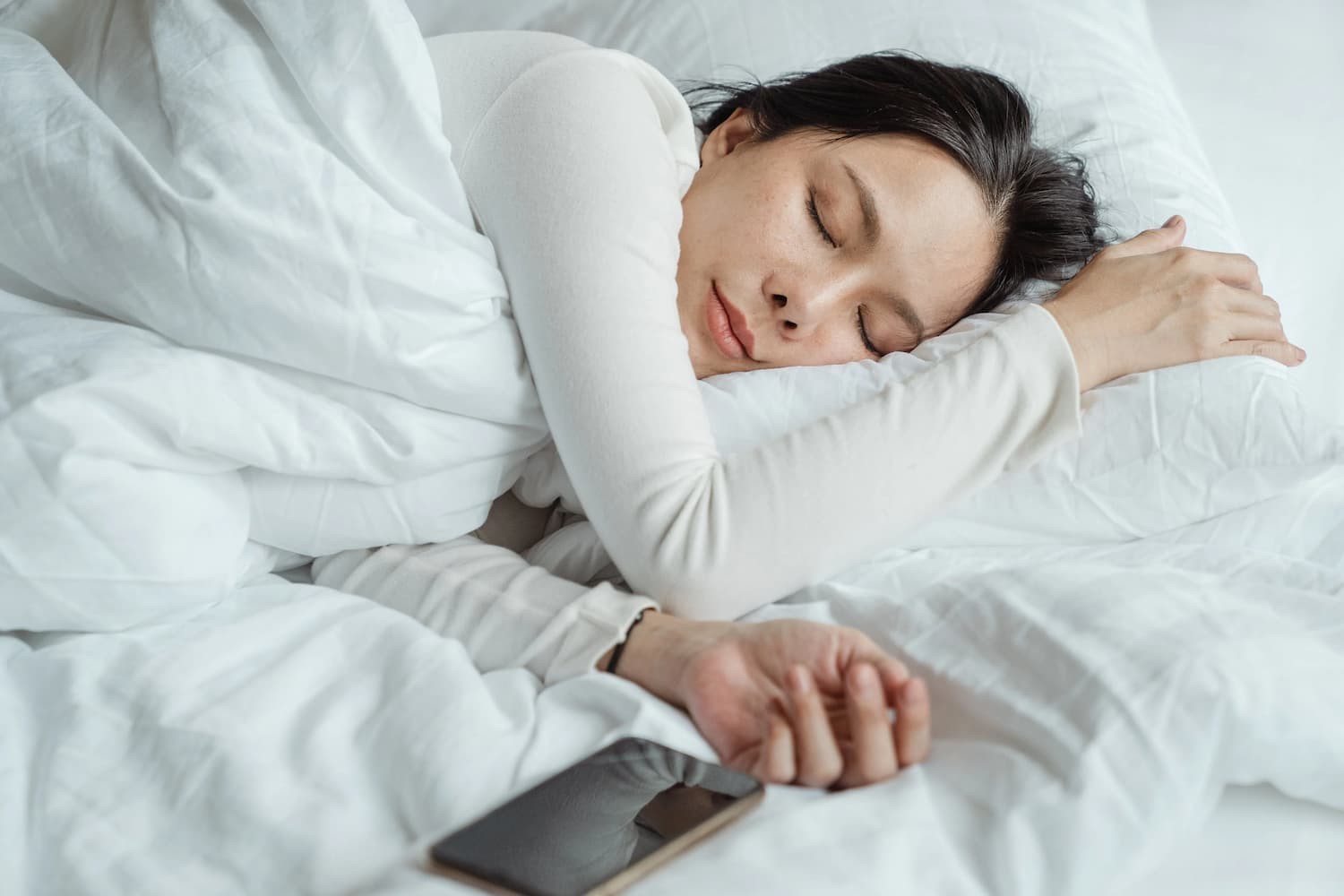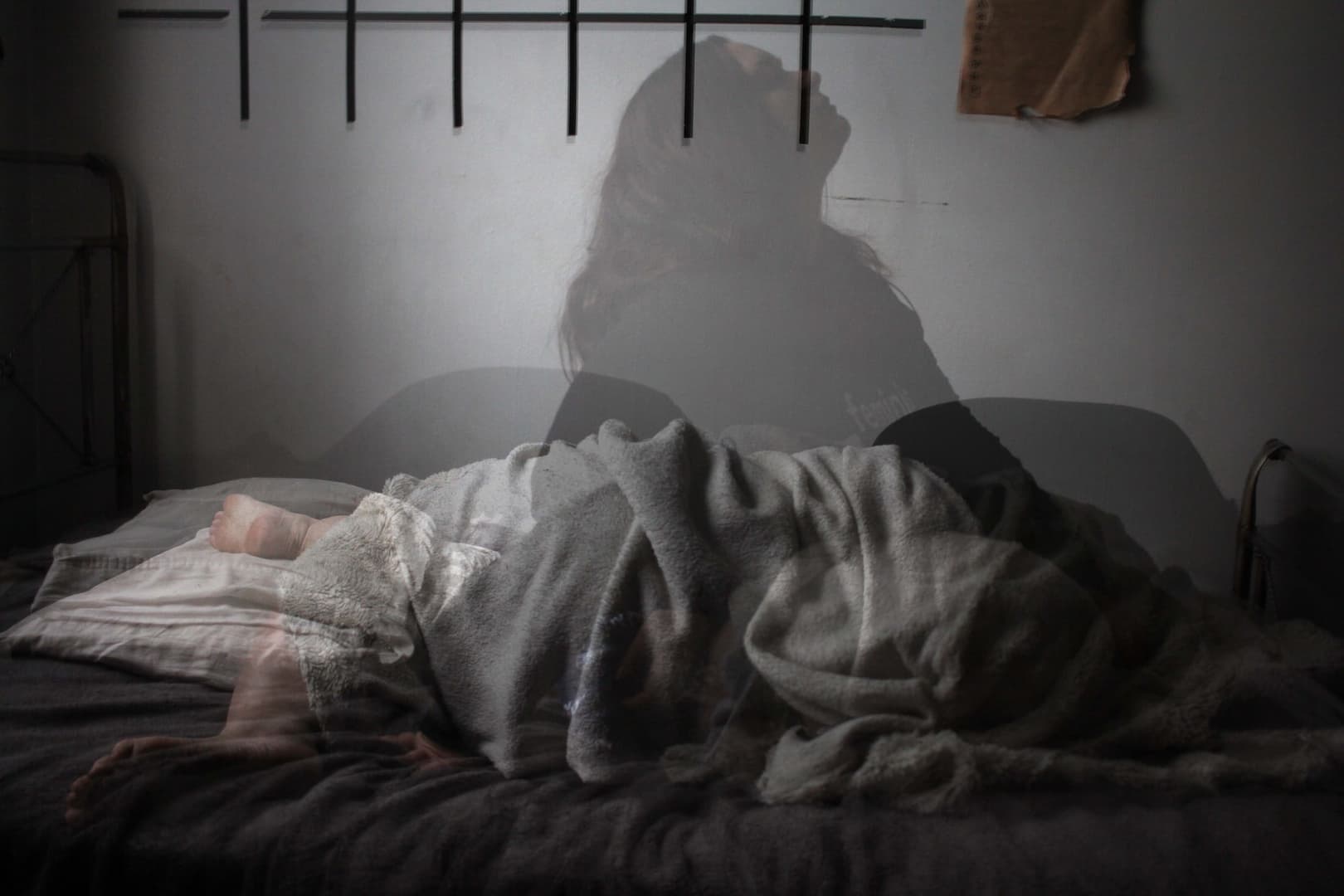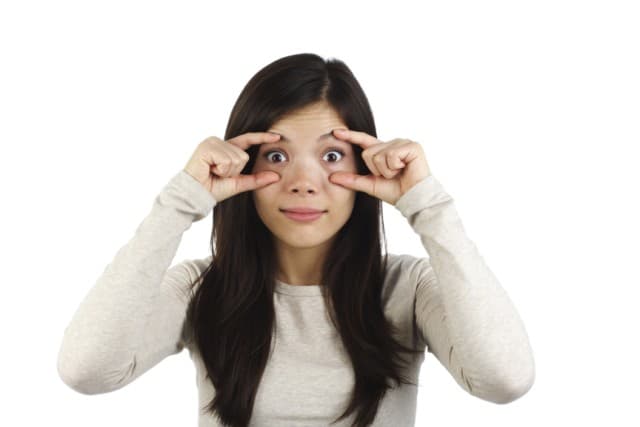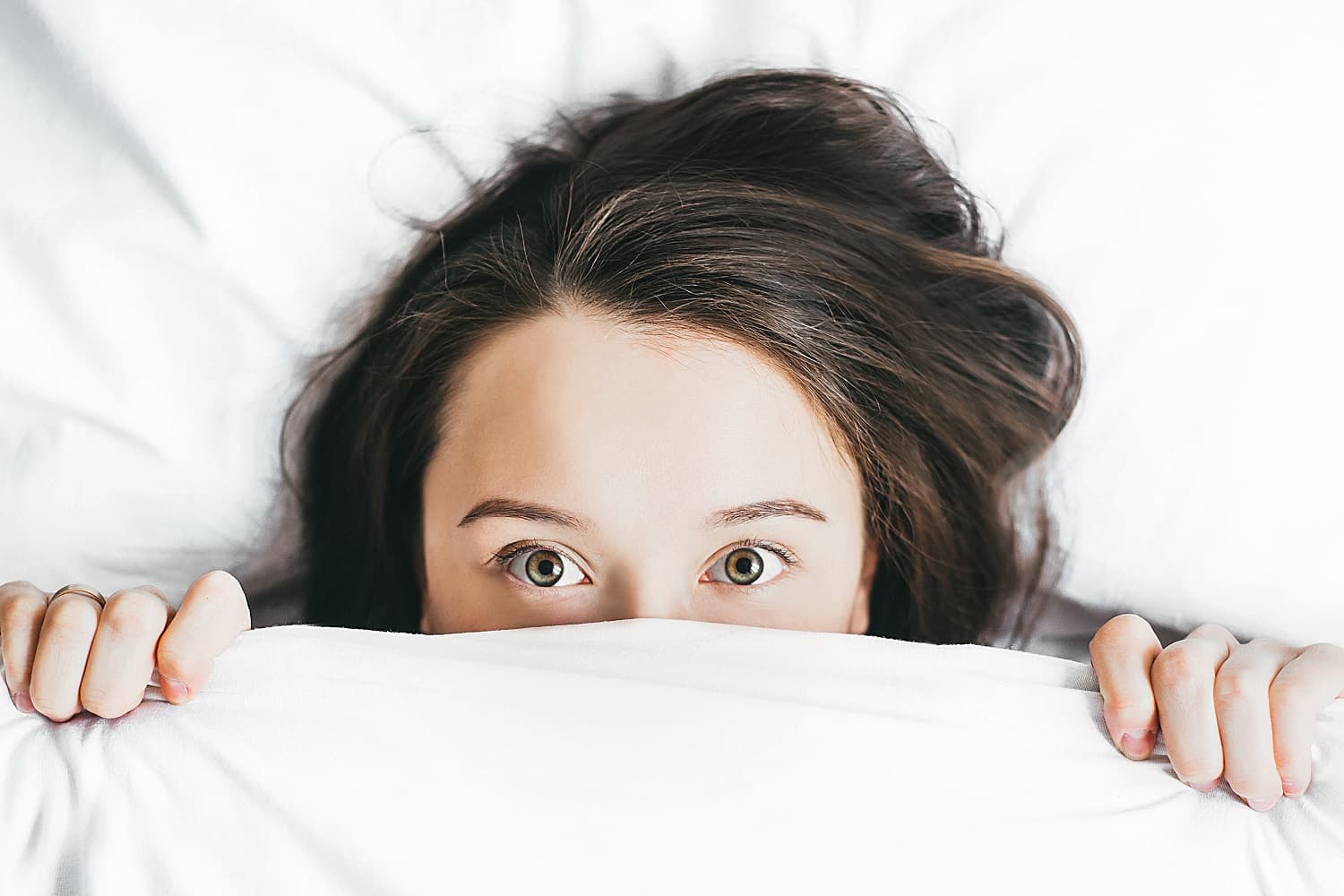
Have you ever been called a night owl as you would lie awake in bed for hours before falling asleep? And just when you're about to achieve deep sleep, you wake up in the middle of the night, or in the wee hours, and are never able to close your eyes again, hence the daytime sleepiness? If you answered a big YES to both questions, chances are you have a sleep disorder. This guide explains the different types of sleep disorders, their causes and symptoms.
What are Sleep Disorders?
Sleep disorders refer to any condition that causes lack of sleep or keeps you awake for more than 17 hours a day. Normal people stay awake for a maximum of 15 to 17 hours. Staying awake longer than this is like being under the influence of alcohol. In fact, several studies have shown that a person who has not slept for 17 to 19 hours has a blood alcohol content of 0.05%, which explains their low energy levels, poor concentration and uncoordinated movement.
Sleep deprivation does not only cause daytime sleepiness but is also linked to all sorts of medical conditions like heart disease, high blood pressure, obesity, mood disorders and neurological disorders, to name a few.
What are the Different Types of Sleep Disorders?
There are many different types of sleep disorders. Some are triggered by diet and lifestyle choices, others are caused by an underlying condition, and there are also many that are rooted in behavioural patterns. The most common types of sleep disorders are as follows:
Insomnia
A very common sleep disorder, insomnia is defined as having difficulty falling asleep. People with this problem have a reduced sleep time because they spend hours tossing and turning in bed despite being extremely tired and wanting to get a long shut-eye. Regardless of the time of day, it takes people with insomnia longer to stimulate their minds and bodies to sleep than to actually stay asleep. Insomniacs are divided into the following groups:
- Chronic insomnia occurs when you haven't got a decent amount of sleep for a month or so as it takes you too long to fall asleep. And since you would always wake up in the middle of the night, your sleep quality has turned from bad to worse.
- Behavioral insomnia is common in children who don't have a fixed bedtime, so they lie in bed for hours and, in the process, end up worrying about all sorts of things.
- Sleep onset insomnia is the inability to close your eyes and sleep when you're so ready to.
Narcolepsy
Narcolepsy is a type of sleep disturbance characterised by difficulty sleeping through the night, which results in excessive sleepiness during the day.
Restless Legs Syndrome
Also known as the Willis-Ekbom Disease, restless legs syndrome is among the common sleep behavior disorders characterised by the urge to move the legs in order to fall asleep.
Sleep Apnea
This is a medical condition that obstructs breathing during sleep. There are two types of sleep apnea, namely:
- Central sleep apnea is more common in people who have a heart condition and previously suffered a stroke. It causes sleep disruptions due to a blockage in the communication line between the brain and the muscles that control breath.
- Obstructive sleep apnea causes a brief pause in breathing during sleep due to constricted airways. This condition increases the risk for stroke, cardiovascular disease and bradycardia, which is an abnormally slow heart rate.
Sleep Paralysis
People with this sleep paralysis experience temporary paralysis as their brain waves transition from the state of wakefulness to the state of sleep, hence the inability to move or speak.

Sleep Terrors
Sleep or night terrors are usually experienced by children. They wake up screaming or trembling with fear. Some children even experience sleepwalking, which makes them prone to accidents such as falling off the bed or staircase.
What are the Symptoms of Sleep Deprivation?
The signs of a sleep disorder vary from person to person, depending on the level of their sleep difficulties. However, the most common symptoms recorded by sleep clinics include:

- Irritability
- Anxiety
- Depression
- Irregular sleep patterns
- Loss of muscle control
- Weight gain
- Poor concentration and memory
- Unusual movement patterns during sleep
What Causes Sleep Disorders?
The suprachiasmatic nucleus, which is the internal biological clock in our bodies located in the hypothalamus region of the brain, controls our circadian rhythms and their activities in a 24-hour period. When it's working perfectly, we should be able to go through the different stages of sleep, which include rapid eye movement (REM) and the four phases of non-REM (NREM), without any problem and get enough hours of sleep on a regular basis.
Circadian rhythm disorders disrupt the timing of sleep, which affects not only the ability of our bodies to function at optimal levels but our mental and emotional wellbeing as well. However, sleep disorders should not be confused with the occasional lack of sleep due to a slight adjustment to your sleep habits or drinking a caffeinated beverage before bed for two consecutive nights.
Sleep disorders develop gradually and are caused by many factors, including age, underlying medical conditions, environment, certain medications, work shift, diet, lifestyle and even genetics. The restless legs syndrome, for instance, has been found to run in some families and is linked to a single pair of genes. However, this theory is inconclusive as there have also been studies linking the condition to iron deficiency.
Jet lag, poor sleep hygiene, substance abuse and chronic pain due to gastroesophageal reflux disease, migraines and arthritis, among others, are also believed to be major contributors for sleep-related problems.
Kidney infections, which force you to get up multiple times a night to urinate, can also damage sleep cycles. Apart from physical health problems, being under too much stress or anxiety also affects the quality of sleep.
If a warm bath doesn't help you fall asleep tonight, it's high time you consulted a sleep specialist to find out if you're suffering from any form of sleep disorder so that you can get the most effective treatment. Conventional treatments for sleep-related conditions include melatonin supplements, tricyclic antidepressants and wakefulness-promoting medications among others.
As synthetic drugs come with many side effects like headaches, nausea, dizziness, constipation and drowsiness, to name a few, you may want to discuss with your doctor some natural therapies for sleep disorders that can counteract the unpleasant effects of traditional medicine.
|
Do you have a natural health & wellness business? |










